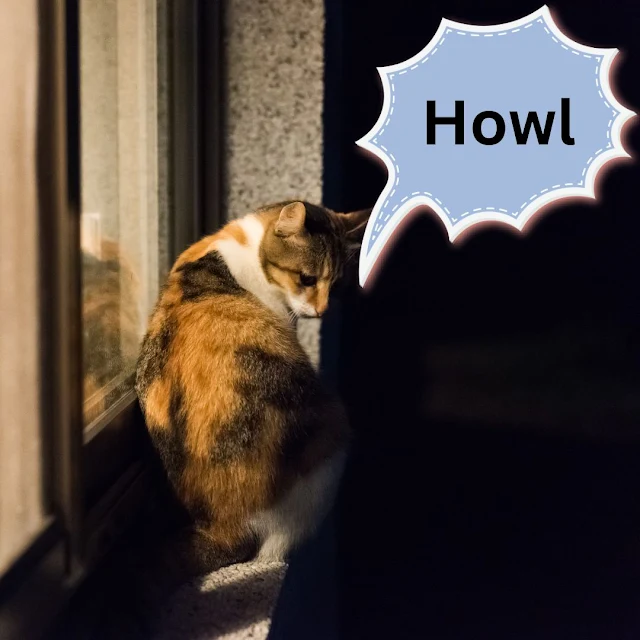This is a story on social media which tells us that it is possible to love cats in general, to want to adopt a cat and then finally adopt a cat after a long wait when you have your own property but thereafter to learn to hate the cat that you adopted.
It's a sad story and it is possible sometimes for this to happen. Cat owners need to do a reality check and accept it when they feel that they can no longer live with their cat. That doesn't mean abandoning your cat but it might mean rehoming your cat to the best of your ability because that is part of the obligation of a caregiver.
In this instance, the woman said that she waited for the right one to adopt. She wanted an older cat who would be happy living indoors because she lived on the second floor of a house conversion in a one-bedroom flat without direct access to a garden. In short, she adopted a cat to be a full-time indoor cats.
But she found that her elderly male cat screamed at 3 AM in the morning until 6 AM in the morning every night. She had no idea why this was happening. She took her cat to the vet who gave him arthritis injections because they thought that he was suffering from arthritis causing pain. He obviously wasn't. Because the screaming continued.
She got to the point where she couldn't function any more at work because she couldn't sleep properly and she learned to hate him and sought advice on the Internet.
In follow-up posts she said that on third visit to a veterinarian they diagnosed megacolon. And because her cat suffered from megacolon, they decided that it was the reason why he was screaming during the night. I doubt that.
That might have been one reason but the thing is this: the symptoms of megacolon of very specific and quite apparent and the lady never mentions these symptoms which are: straining to defecate, weight loss, lethargy, vomiting and anorexia i.e. a lack of appetite. And a painful abdomen as well as dehydration and depression.
I would have thought she would have had picked up these symptoms if they truly were present and that her cat was indeed suffering from megacolon. He might have been but I think the more likely reason why he was screaming at night was because this cat, historically, was an indoor/outdoor cat with free access to the outside unsupervised. Keeping him indoors full-time drove him nuts. He screamed at the top of his voice as a consequence. He was asking to be let out.
But the lady couldn't do it because she lived on the second floor and there was no access to the outside. The answer would have been to rehome the him but almost all of the very many people who advised didn't advise this.
In the end she decided to euthanise her cat because the operation to fix the megacolon was going to be too expensive and perhaps too difficult. And the outcome was uncertain. She said that she he had five good months with her as the vet had administered medications for the megacolon and Feliway to calm him. I don't think the five months were that good. The Feliway indicates that he was agitated by being kept indoors.
I feel a little bit queasy about the story because, as mentioned, I think the underlying and genuine reason why this cat was screaming is because he wanted to be outside, to hunt at night, to roam freely as he had done before. I am guessing but the story indicates that.
To keep cats indoors full-time is a good thing sometimes because it protects wildlife and protects the cat from risk of injury and more severe harm. But sometimes cat caregivers have to accept that their cat is an indoor/outdoor cat. They have to accept that their cat is going to live a risky life relative to being an indoor life.
People normally keep their cats indoors full-time for their own peace of mind primarily and the secondary reason is to keep their cat safe. I think people need to free up that thought and sometimes, just sometimes, they have to allow their cat to take life risks and decide that what happens is going to happen come what may.
If she decided that and found a way to allow her cat to go outside at night he might be alive today.



